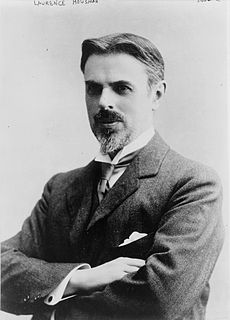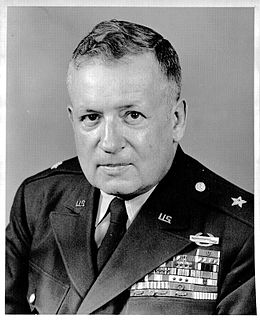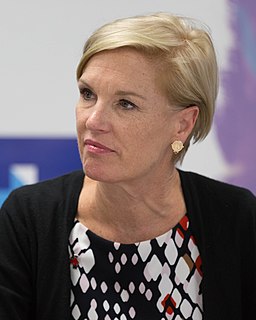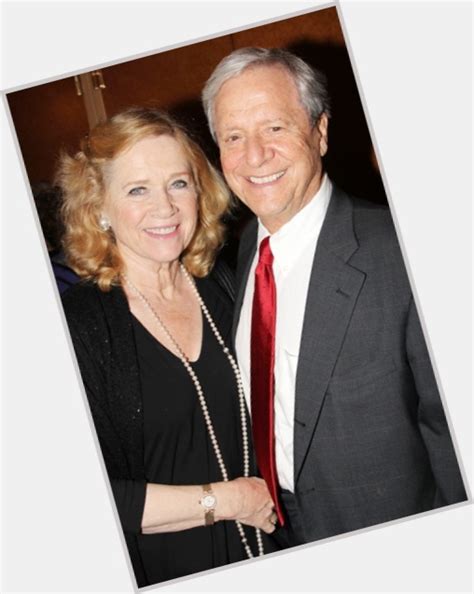A Quote by Lawrence Wright
I was a conscientious objector during the Vietnam War.
Quote Topics
Related Quotes
As a very young man I signed a declaration - 'I renounce war and will never support another'. That was in 1939 and I have maintained this stand throughout the whole period, including WW2, as a Conscientious Objector.Worked to achieve Peace since. It is necessary for individuals to take this stand and maintain it. War never solves anything - it accentuates any problem, whatever it is, and makes matters worse. There is no moral or humanitarian justification for it.
Most of us who were opposed to the war, especially in the early '60's - the war we were opposed to was the war on South Vietnam which destroyed South Vietnam's rural society. The South was devastated. But now anyone who opposed this atrocity is regarded as having defended North Vietnam. And that's part of the effort to present the war as if it were a war between South Vietnam and North Vietnam with the United States helping the South. Of course it's fabrication. But it's "official truth" now.
I think that the war on drugs is domestic Vietnam. And didn't we learn from Vietnam that, at a certain point in the war, we should stop and rethink our strategy, ask ``Why are we here, what are we doing, what's succeeded, what's failed?'' And we ought to do that with the domestic Vietnam, which is the war on drugs.
Every book that comes out, every article that comes out, talks about how - while it may have been a "mistake" or an "unwise effort" - the United States was defending South Vietnam from North Vietnamese aggression. And they portray those who opposed the war as apologists for North Vietnam. That's standard to say. The purpose is obvious: to obscure the fact that the United States did attack South Vietnam and the major war was fought against South Vietnam.
































